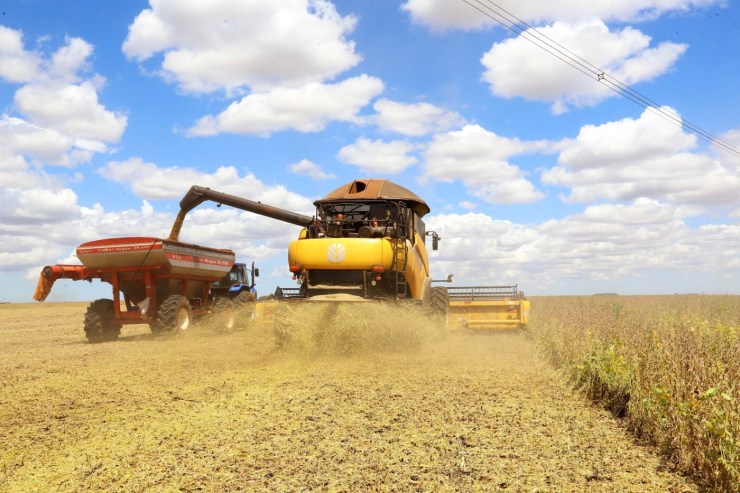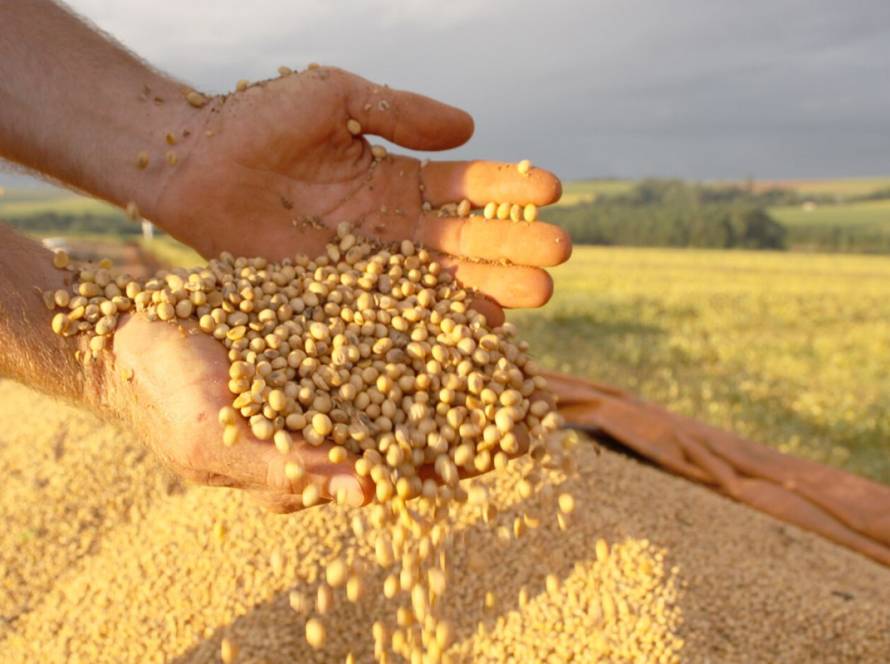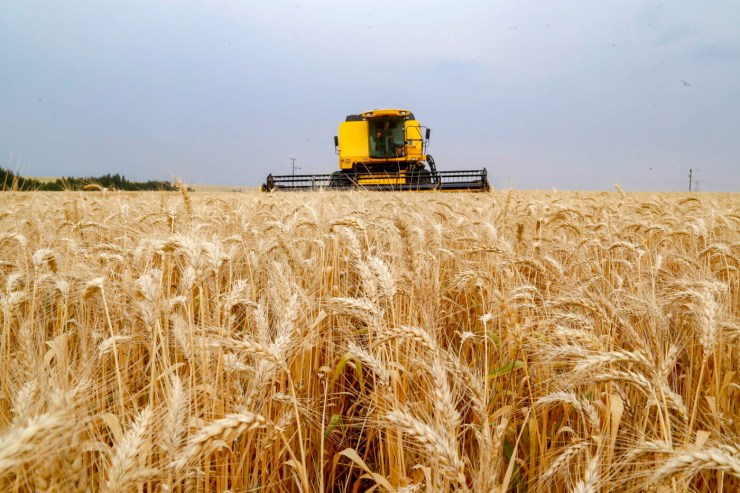On August 2nd, we will be 100 days away from COP 30, which begins on November 10th in Belém, Pará. As the host country, Brazil has the role of defining the priority agendas that will guide discussions at the Climate Conference.
One of these will be adaptation. In addition to Brazil's interest in advancing this agenda, which contributes to establishing the parameters that ensure resources for losses and damages from extreme events, which are increasingly frequent in Brazil, it has been the focus of recent conferences and, judging by the preparatory discussions for the COP that took place in Bonn, Germany, will be a central theme in the negotiations in November.

Given the current climate challenges and the paths outlined, Brazil must lead by example and drive discussions on Nature-Based Solutions (NbS), restoration of degraded areas, and the bioeconomy. The country even advocated for global support for this sector in 2024 during the G20. "The bioeconomy is one of the pillars of the action agenda presented by the COP 30 presidency. Therefore, this is an opportunity to guide the debate and promote the bioeconomy as a driver of a new model of fair socioeconomic development," says Juliana Lopes, co-leader of the Bioeconomy Task Force of the Brazil Climate, Forests, and Agriculture Coalition, a movement comprised of more than 430 representatives from the private sector, civil society, academia, and the financial sector.
Another key issue for Brazil regarding meeting the greenhouse gas emission reduction targets defined in the Paris Agreement is the land use sector. The country is expected to spark this discussion due to the agenda's relevance to the Brazilian economy and its greenhouse gas emissions profile: more than 70% of these emissions come from land use and agriculture. In other nations, the main source of pollutants is industrial practices. "The land use sector needs to participate significantly and actively in the debate, with Brazil leading by example, demonstrating already mature solutions and seeking to converge efforts to build a concrete action plan that accelerates the implementation of solutions to combat deforestation," notes Juliana, who is also the technical director of Nature and Society at CEBDS.
"Without land-use strategies, it will be very difficult to achieve our climate goals," adds Fernando Sampaio, co-facilitator of the Brazil Coalition and Director of Sustainability at the Brazilian Association of Meat Exporting Industries (Abiec), emphasizing: "Brazil has robust public policies to combat deforestation and promote conservation and restoration, such as the Forest Code, which need to become more effective. Furthermore, Brazilian agricultural production has significant potential for decarbonization at scale, with low-carbon rural production technologies and the restoration of degraded areas."
Priority themes for COP 30
For experts from the Brazil Coalition, the country should prioritize five areas in the COP 30 debates:
Combating deforestation and ecosystem degradation: This is the main measure for immediately reducing emissions in the land use sector, in addition to being essential for protecting the ecosystem services that support climate resilience. At the same time, the transition to low-carbon production systems is essential for both mitigating and adapting to climate change.

Sustainable agriculture: Brazilian agriculture has made progress toward sustainability in recent years, thanks to incentives from the Harvest Plan for low-emission production, greater inclusion of family farming in climate policies, and strengthening technical assistance in the field. Activities such as restoring degraded pastures, integrating production systems, and using technologies contribute to reducing greenhouse gas emissions.
Climate finance and incentives for sustainable practices: The climate transition in the land use sector requires expanding and directing investments toward sustainable and low-carbon production models. This is in line with the global commitment to make financial flows compatible with low-emissions and climate-resilient trajectories, as established in Article 2 of the Paris Agreement.
Climate justice and inclusive development: Smallholders, indigenous peoples, and traditional communities are among those most impacted by climate change, despite historically contributing little to the problem. Promoting a just transition means ensuring that these populations have access to the social, economic, social, and environmental benefits of a low-carbon economy.
Protection and sustainable use of biodiversity: the land use sector is a strategic agent for the valorization of natural resources, contributing to the achievement of the goals of the Kunming-Montreal Global Biodiversity Framework.




